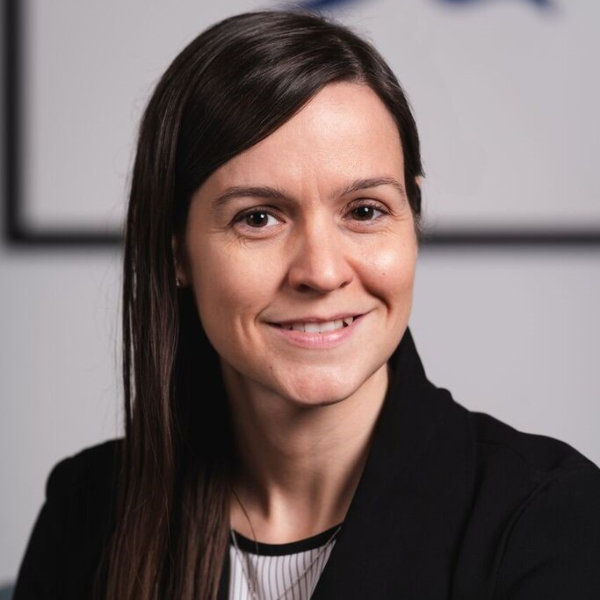The Honourable Julie Philippe
 WHAT WAS YOUR PATH INTO LAW AND ONTO THE BENCH?
WHAT WAS YOUR PATH INTO LAW AND ONTO THE BENCH?
I always knew I would pursue a career that was both intellectually stimulating and centred on human connection. I was first drawn to psychology, but was inspired by my brother, who had just started law school, to change paths at the last minute.
It was love at first class. But as someone who was more on the quiet, reserved side, I wasn’t sure that I’d ever have the nerve to litigate, let alone become a judge.
As fate would have it, I had to begin litigating—more than I’d expected—during my internship. It felt slightly unnatural at first, but little by little I grew more comfortable with it.
I went on to have a wide range of litigation experiences where I was entrusted with complex issues and became involved in projects that helped me develop skills that prepared me for what came next. I was lucky enough to cross paths with people who believed in me and suggested I apply to the judiciary. I wasn’t afraid to seize the opportunities that came my way, I never gave up, I believed in my dream and I went for it. I had the honour of being the first Indigenous woman appointed to the Quebec Court at the age of 39. Once again, I was following in my brother’s footsteps, as he had also been appointed judge a few years earlier.
WHAT EXPERIENCE IN YOUR LEGAL CAREER BEST PREPARED YOU FOR WORK ON THE BENCH?
I had a wide range of litigation experiences at a private firm, which honed my instincts and helped prepare me for whatever might come my way in the court room.
Besides being a practicing lawyer, however, I worked as a member of the Parole Board of Canada, and that was the experience that best prepared me to transition to the judiciary. I held this position part-time for two and a half years before being appointed to the bench. As a parole board member, I put my skills into practice managing hearings with an occasionally difficult clientèle, making critical decisions and drafting them.
After that, I knew for certain that I wanted to hold a decision-making position. The Parole Board experience gave me the confidence I needed to pursue that and the belief that I could make it happen.
WHAT ADVICE DO YOU HAVE FOR COUNSEL WHO APPEAR BEFORE YOU?
I believe that lawyers hold a position of privilege in our society and that counsel need to live up to that privilege. They should thoroughly review their cases, arrive in court prepared and do their best to present a strong case, all while maintaining an impeccable work ethic regarding the court, the public and their colleagues.
I am a firm believer in dispute prevention and resolution processes. Before my appointment, I acted as a mediator; it’s now a real joy to preside over settlement conferences and see parties negotiate and come to a mutually beneficial solution. I’ll never say it enough: be sure to consider all possible settlement avenues as early as possible in the process, before resorting to a traditional judicial procedure, which often costs more and takes longer. Settlements frequently result in a positive outcome, even in cases where parties didn’t initially believe it to be possible.
I’d also encourage everyone to get involved in initiatives that make a difference in society and support the causes you care about. As lawyers, we can use our knowledge to make real change, all while learning and gaining new experiences. Believe in yourself and your dreams. Do what you love, and it will push you to go above and beyond and give your absolute best. Maintain a work-life balance—you can absolutely have both if you make the right choices.
WHAT DO YOU WISH THE PUBLIC KNEW ABOUT THE JUSTICE SYSTEM?
I truly believe that a strong justice system trusted by the public is a system that represents each and every one of us, and the best way to make that happen is with lawyers from all walks of life and a diverse judiciary. When I look around, I see more and more diversity, and I also see all the efforts being made to support and grow that diversity. I hope that my story will inspire other Indigenous people to achieve their dreams.